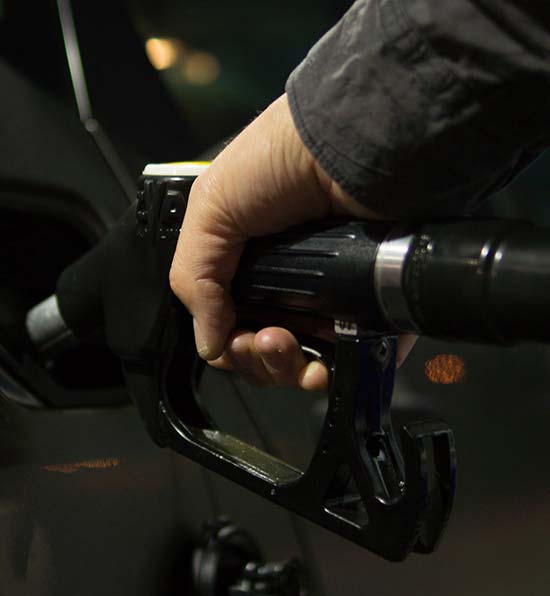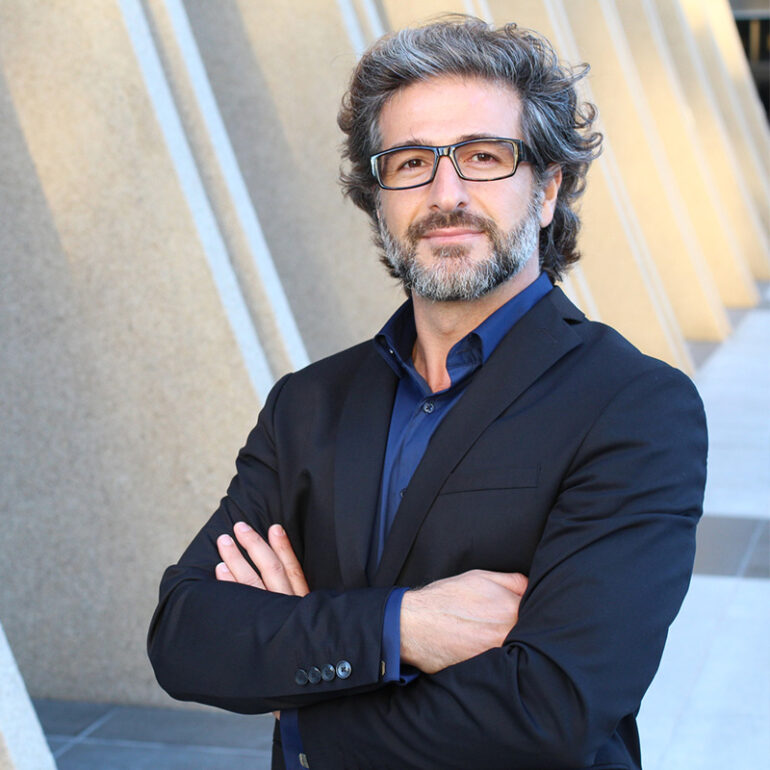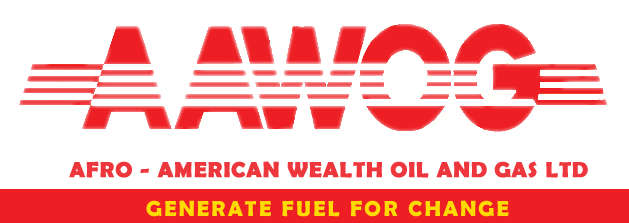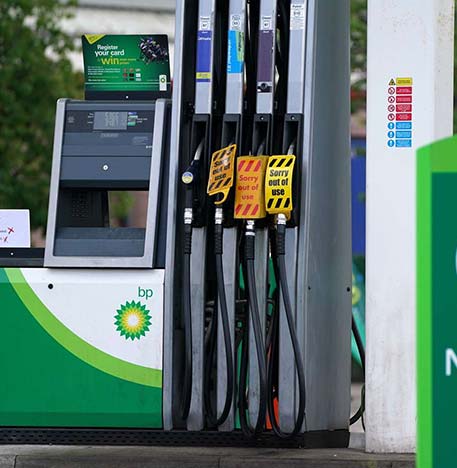AAWOG
Energy for a Sustainable Future
Discover the Versatility of NGLs & Olefins with Afro American Wealth Oil and Gas Ltd. Contact us to learn more about our product offerings.
Experience
Superior Quality.
Experience Superior Quality with Afro American Wealth Oil and Gas Ltd. Contact us for your refined product need
Energy & Renewables
Our Energy division focuses on the exploration, production, and distribution of energy resources.
Maintenance Service
We are committed to minimizing our environmental footprint and promoting sustainable practices.
NGLs & Olefins
Our NGLs & Olefins division specializes in the processing, fractionation, and marketing of Natural Gas Liquids (NGLs) and Olefins.

About Us
Join The New Innovation With Technical Workforce
Afro American Wealth Oil And Gas Ltd is a leading company in the oil and gas industry, dedicated to providing exceptional energy solutions and services. With a strong focus on sustainability, innovation, and customer satisfaction, we strive to meet the ever-growing demands of the global energy landscape.
Our Mission
To provide reliable, efficient, and environmentally responsible energy solutions, fostering long-term partnerships, and contributing to the economic growth and development of the regions we operate in.
our Service
Explor Services
We Offering Best Service
NGLs & Olefins
Our NGLs & Olefins division specializes in the processing, fractionation, and marketing of Natural Gas...
NGLs & Olefins
Our NGLs & Olefins division specializes in the processing, fractionation, and marketing of Natural Gas...
Environmental
At Afro American Wealth Oil and Gas Ltd, we are committed to minimizing our environmental footprint an...
Environmental
At Afro American Wealth Oil and Gas Ltd, we are committed to minimizing our environmental footprint an...
Refined Products
Our Refined Products division specializes in the refining, marketing, and distribution of high-quality...
Refined Products
Our Refined Products division specializes in the refining, marketing, and distribution of high-quality...
Petrol Retail
Our Petrol Retail division operates a network of modern and customer-centric petrol stations. We prior...
Petrol Retail
Our Petrol Retail division operates a network of modern and customer-centric petrol stations. We prior...
Supply Chain
The Supply Chain division at Afro American Wealth Oil and Gas Ltd ensures seamless coordination and op...
Supply Chain
The Supply Chain division at Afro American Wealth Oil and Gas Ltd ensures seamless coordination and op...

OUR FAQ
Frequently Asked Questions?
We adopt a customer-centric approach, understanding our clients' unique requirements and delivering tailored solutions. Our goal is to exceed customer expectations and foster long-term relationships.
We welcome partnerships and collaborations. Please reach out to us through our contact page or by contacting our business development team. We will be happy to explore potential opportunities.
We stand out through our commitment to excellence, sustainability, innovation, and customer satisfaction. Our expertise, global reach, and ethical practices make us a preferred choice for energy solutions.
We prioritize the safety of our employees, contractors, and the communities we operate in. We adhere to strict safety protocols, conduct regular training programs, and maintain robust safety standards.
Sustainability is a core value for us. We integrate eco-friendly practices throughout our operations, including emission reduction initiatives, waste management, and the integration of renewable energy sources.
WHY CHOOSE US
A Right Choice that Makes the Difference to Others
With years of industry experience, Afro American Wealth Oil And Gas Ltd has built a reputation for expertise and excellence. Our team of professionals comprises highly skilled individuals who possess in-depth knowledge of the oil and gas sector.
Best Quality Services
Ethics and integrity are central to our operations. We adhere to the highest ethical standards, conducting business with transparency, honesty, and fairness.
Comprehensive Range of Services
We offer a comprehensive range of services that cater to diverse aspects of the oil and gas industry
6
+Years Experineces
2500
+Happy Customers
500
+Project Completed
99
%Employer Solutions
Our Testimonial
What Our Client Say’s

Robert Davis Operations Director, Energy Innovators
The team at Afro American Wealth Oil and Gas Ltd has been instrumental in driving innovation within our organization. Their industry knowledge and forward-thinking approach have helped us stay ahead of ...

Jennifer Otedola CEO, Renewable Power Solutions
We highly recommend Afro American Wealth Oil and Gas Ltd for their exceptional service and commitment to renewable energy. Their solutions have helped us transition to a more sustainable future and have...

Michael Rodriguez Head Of Operations, PetroEx
Afro American Wealth Oil and Gas Ltd has been an invaluable partner in optimizing our supply chain and improving operational efficiency. Their expertise and attention to detail have resulted in signific...

Emily Thompson Director, Sustainable Energy Group
Partnering with Afro American Wealth Oil and Gas Ltd has been a strategic move for our organization. Their commitment to sustainability aligns perfectly with our values, and their innovative solutions h...

David Johnson CFO, Energy Ventures
We are extremely impressed with the professionalism and expertise of Afro American Wealth Oil and Gas Ltd. Their dedication to delivering high-quality energy solutions and their focus on customer satisf...
News & Event
Industry news stories about energy and environmental commodities or related topics
Maintenance Car Electric , Servicing &
UK Energy Market Regulator To Allow Suppliers To Boost Profit Margins
Oil Price Problems and Solutions
IEA Chief Warns That Europe’s Energy Market Is “Not Out Of The Woods” Yet








